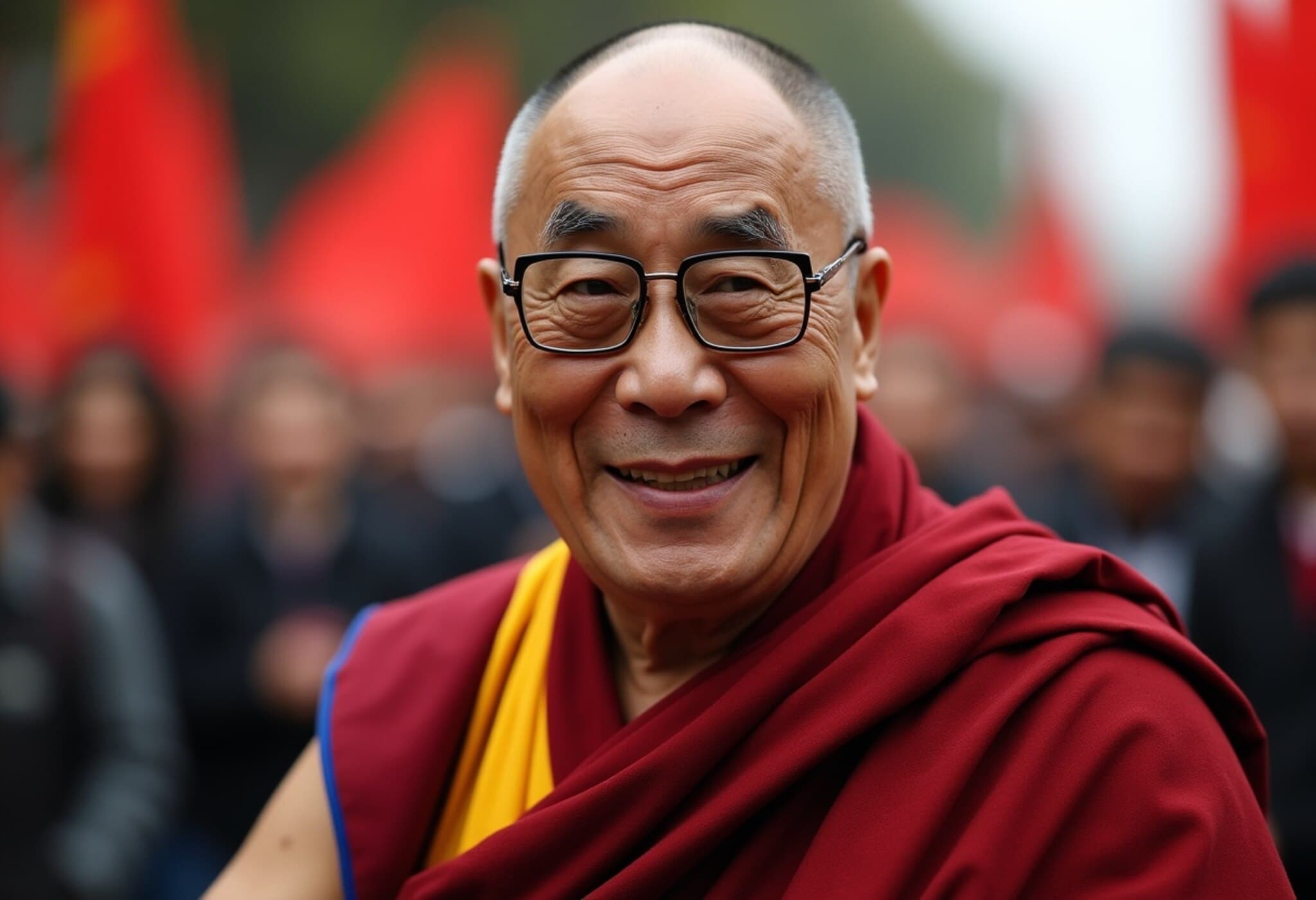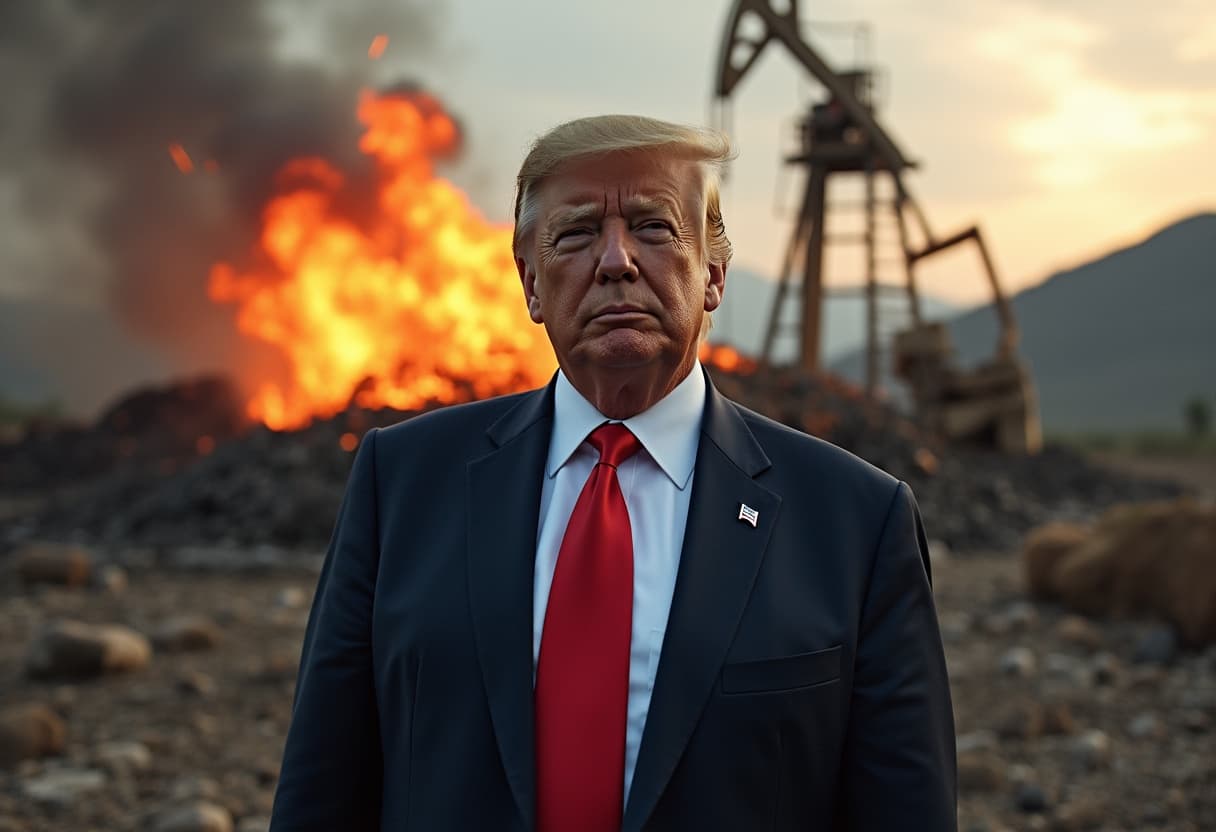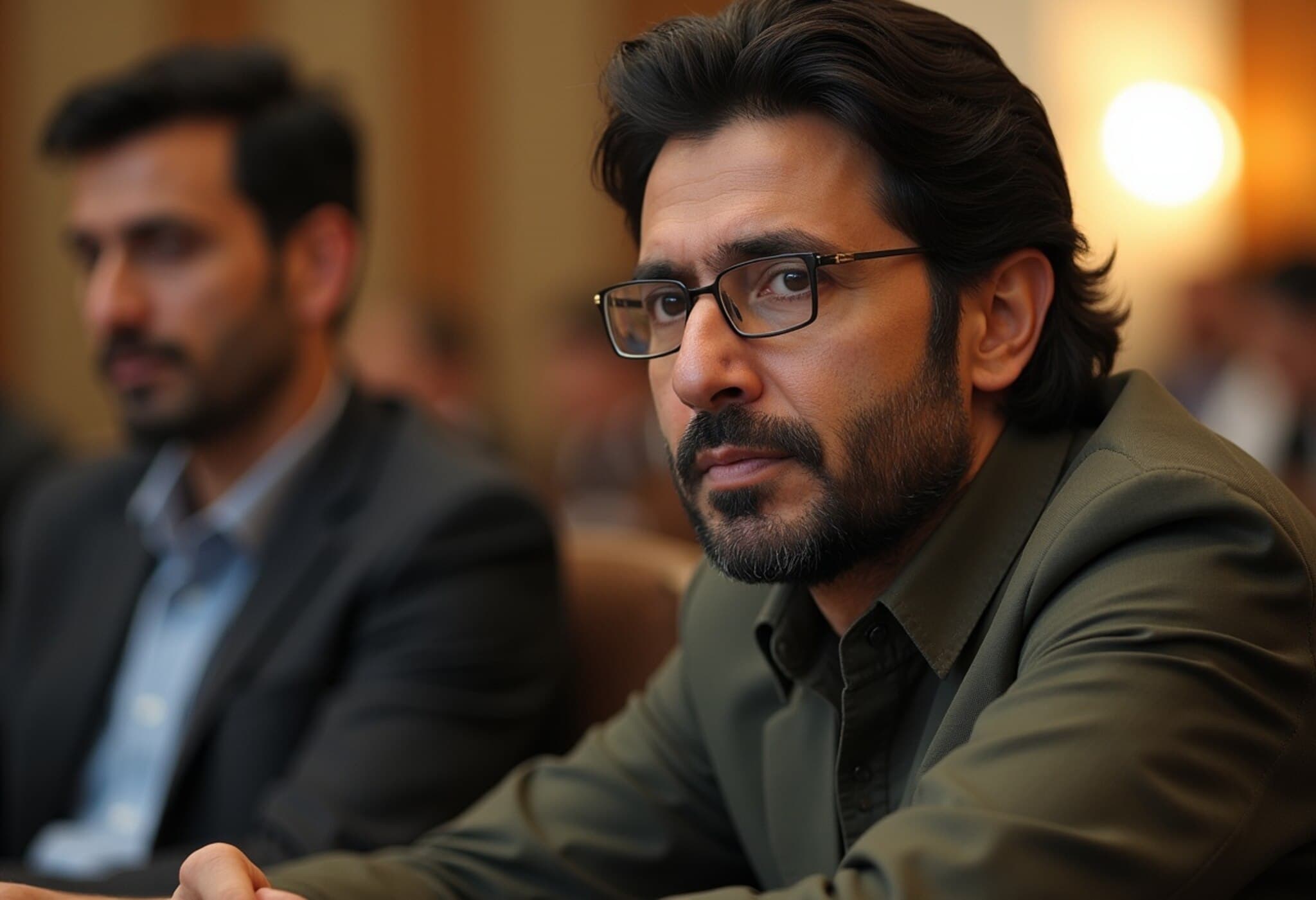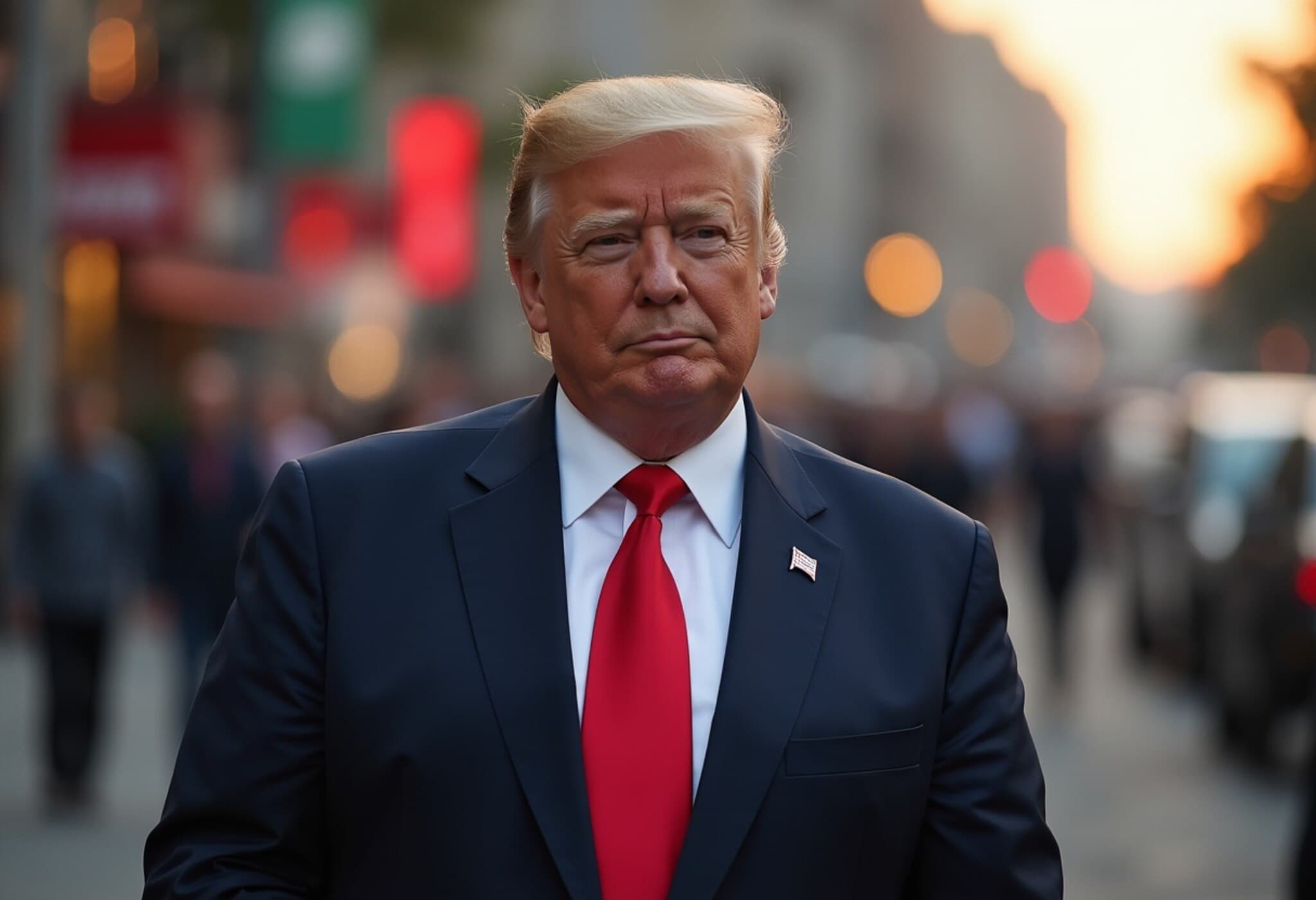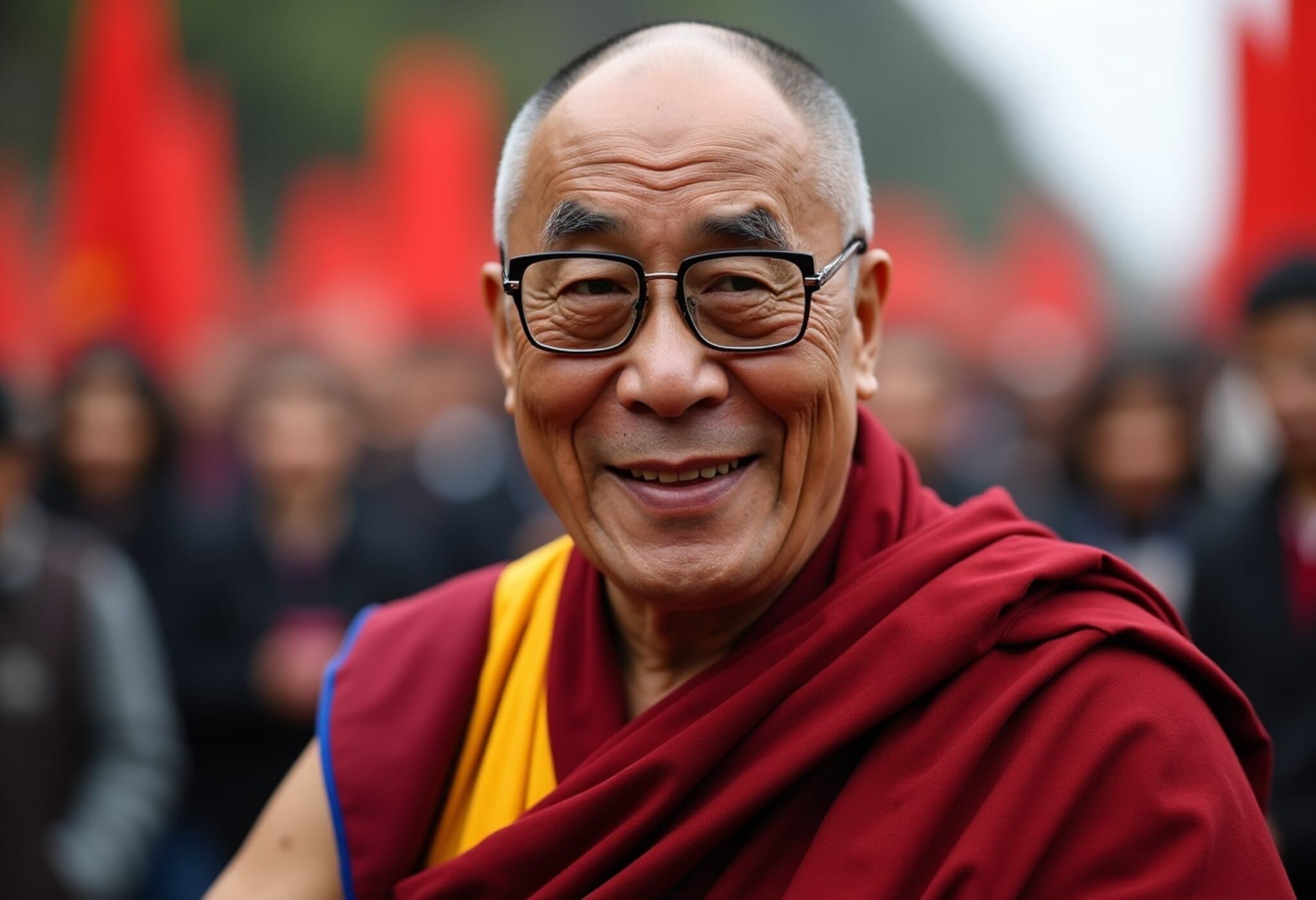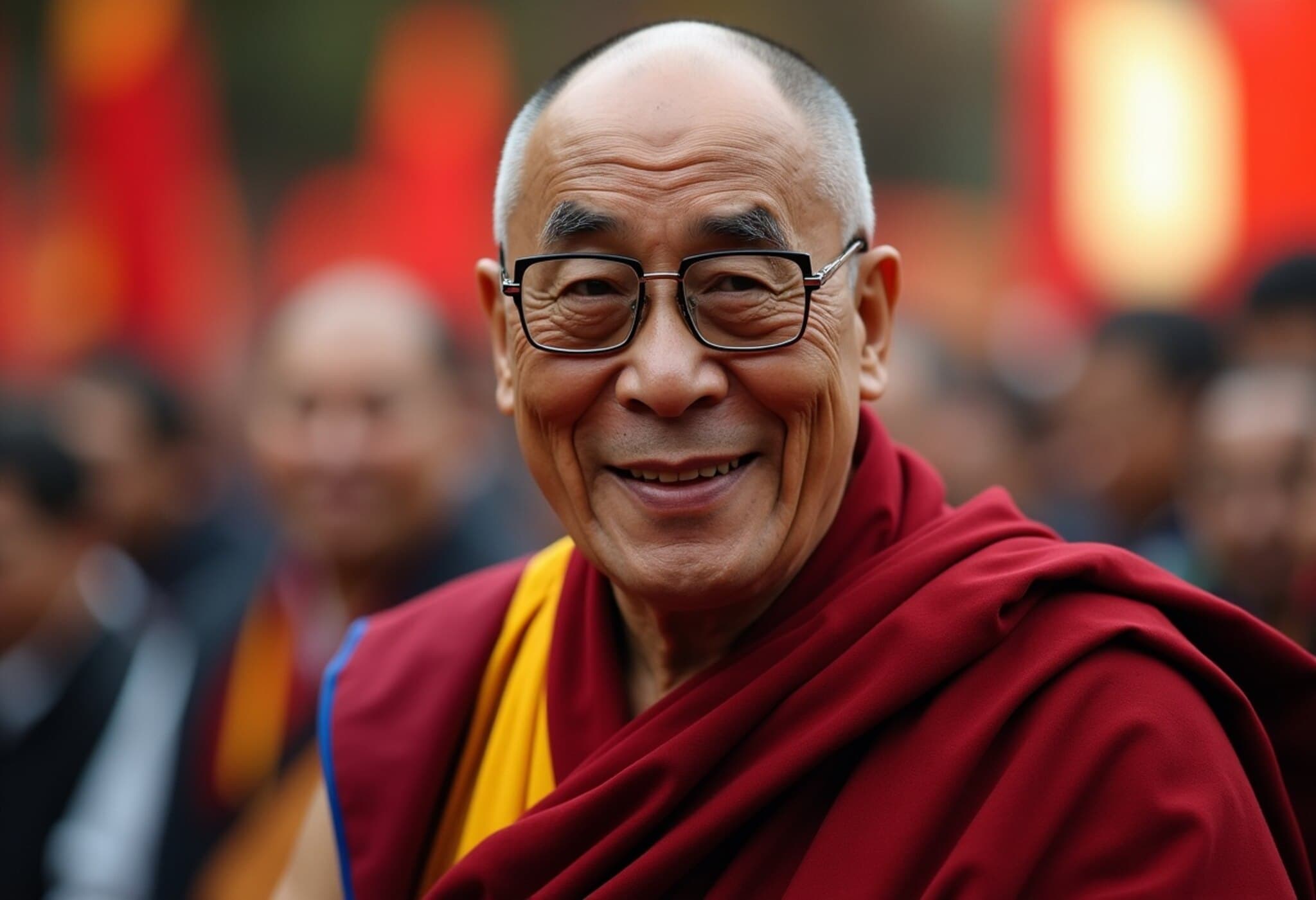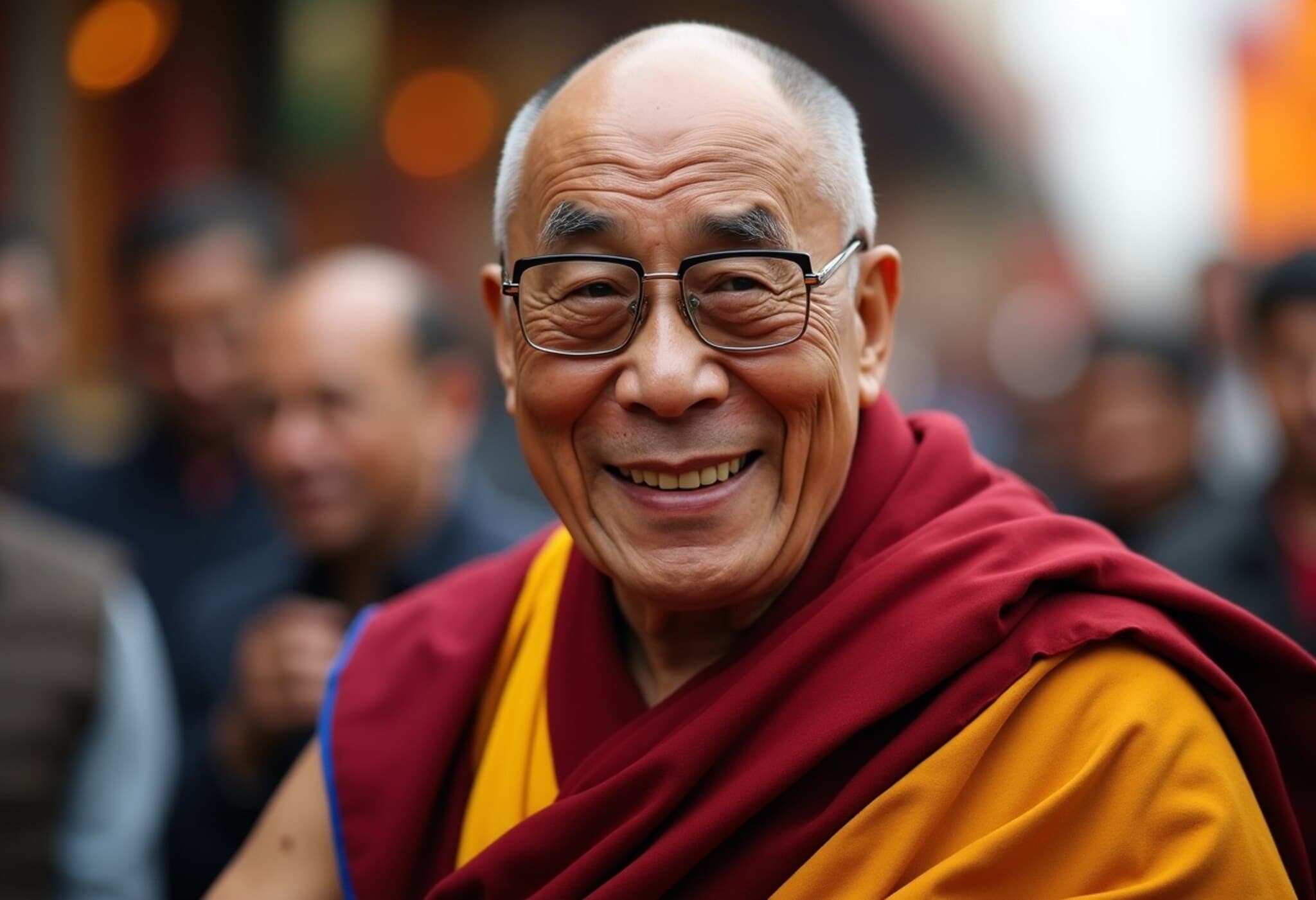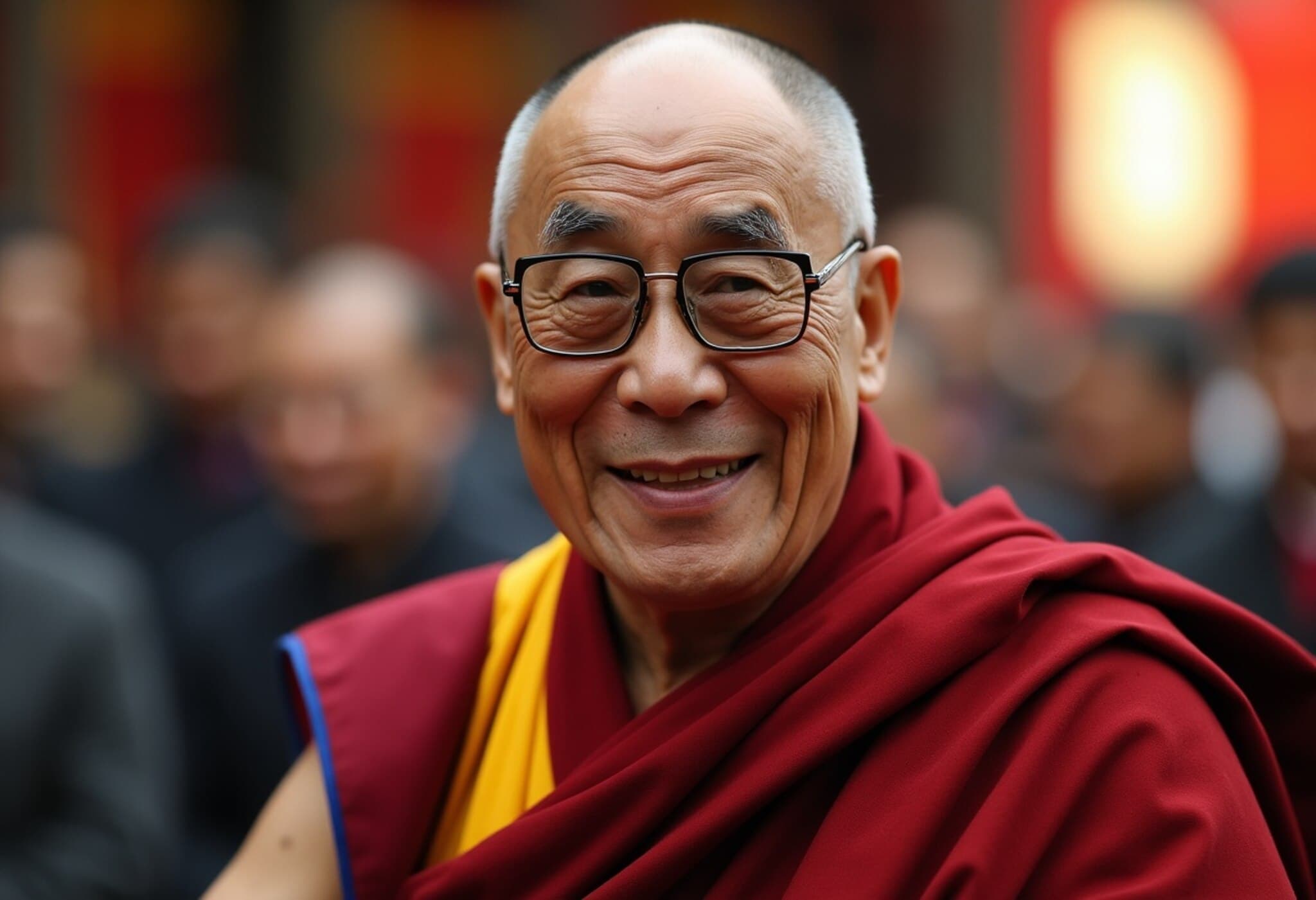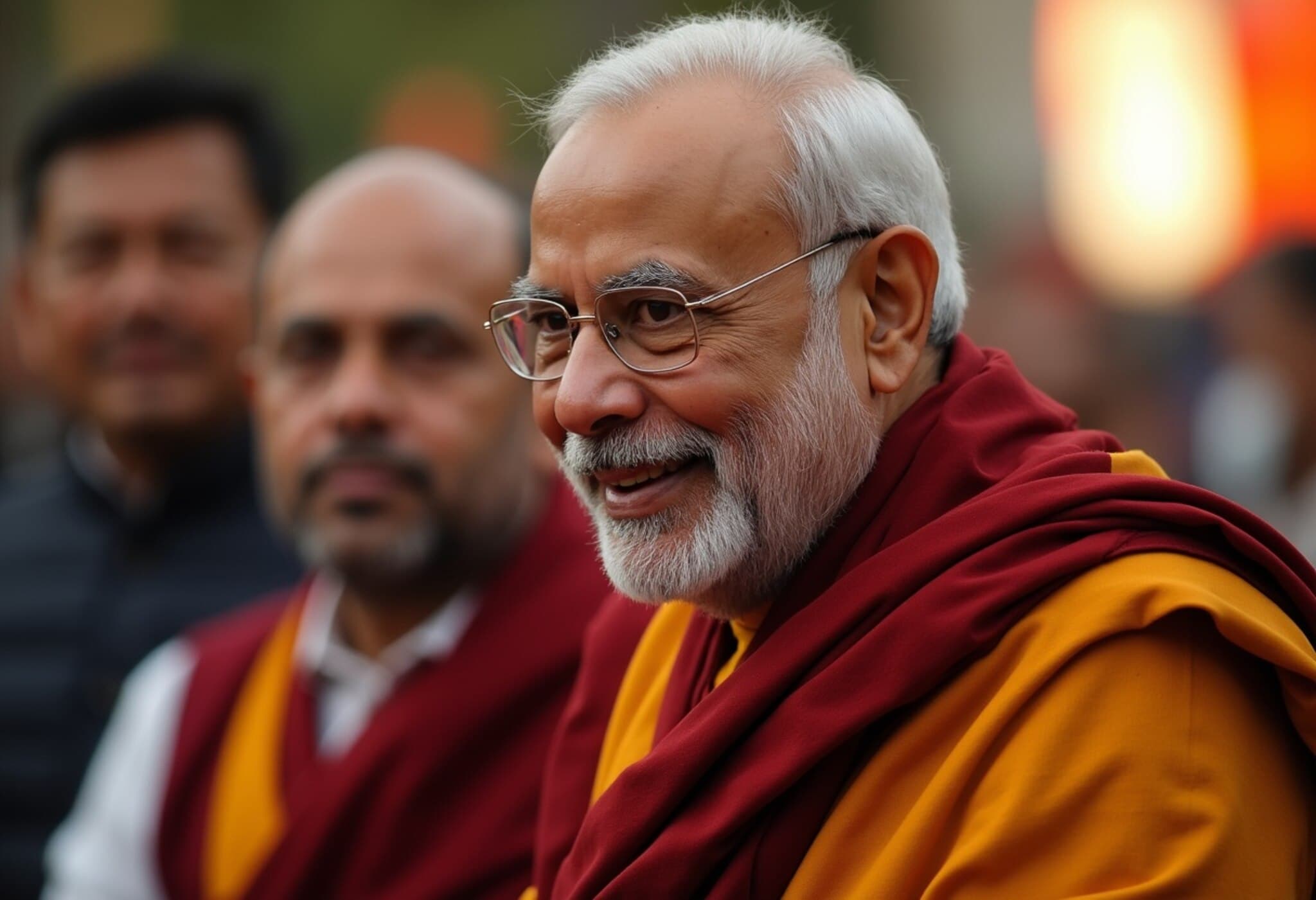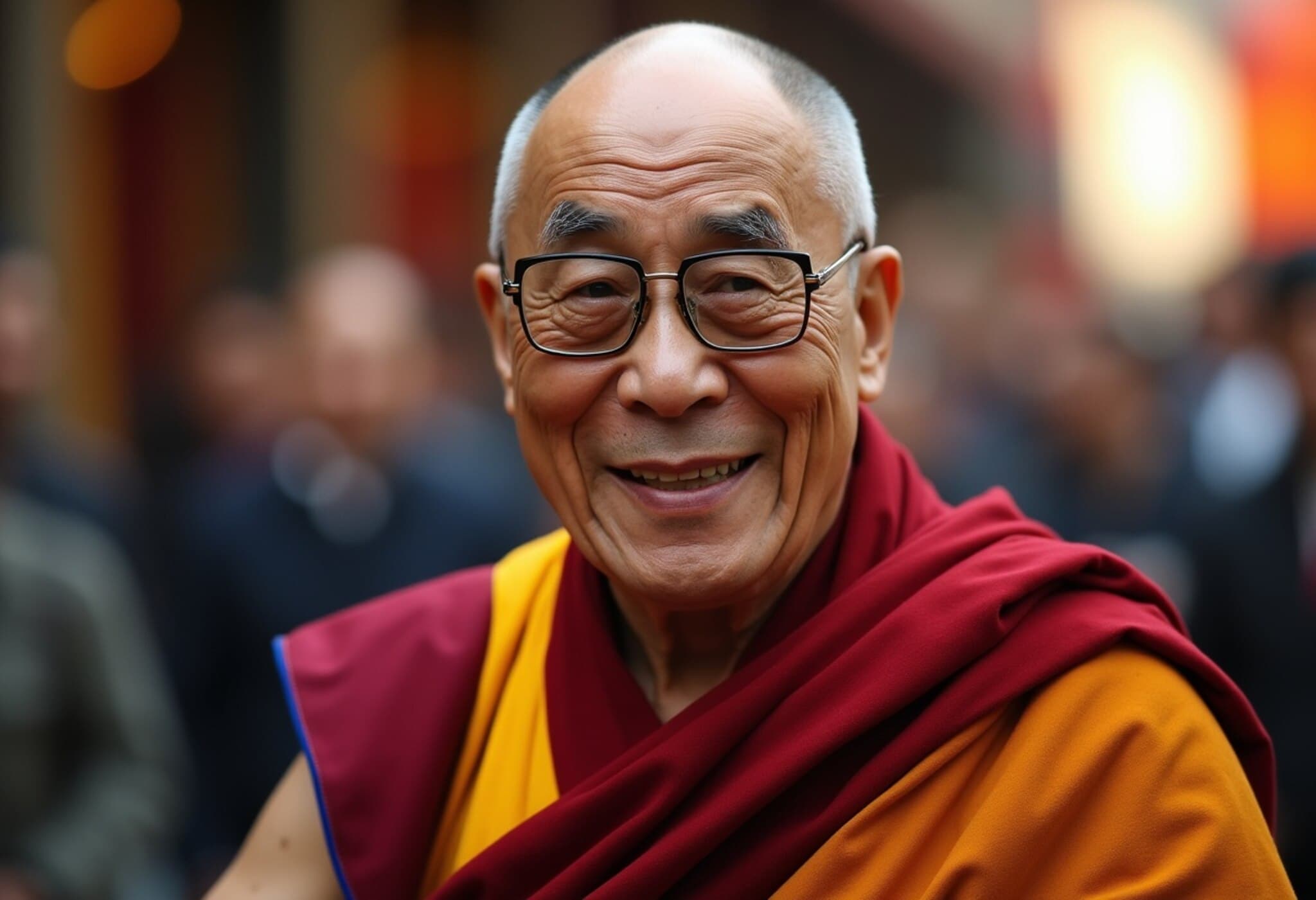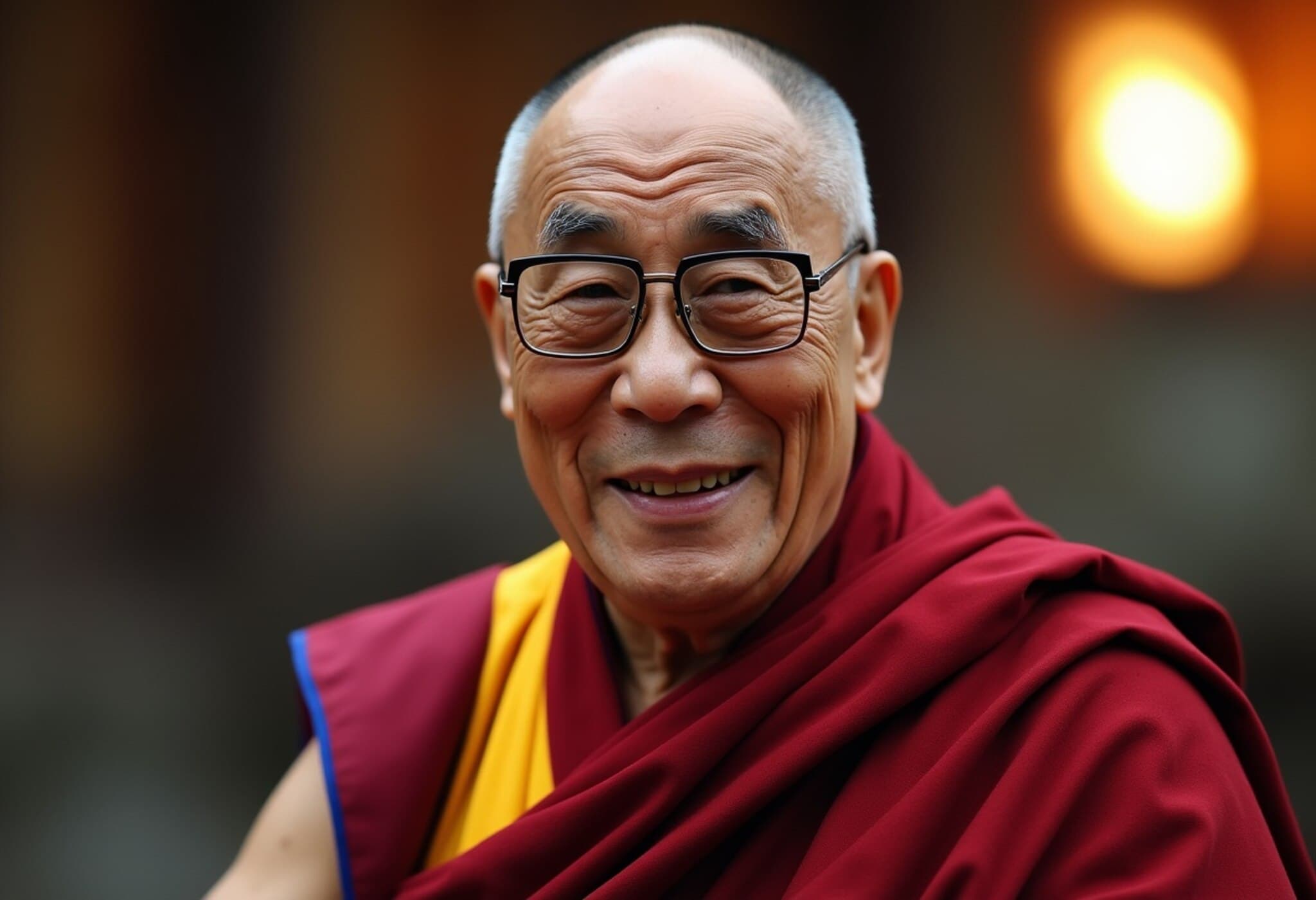China’s Diplomatic Playbook: Taiwan vs. Tibet
China’s rising global influence has long been characterized by its strategic use of economic leverage and military intimidation to shape international stances, particularly on territorial disputes. Its success in leveraging this model to isolate Taiwan internationally has been striking—over the past decades, numerous countries have shifted diplomatic recognition from Taipei to Beijing, underscoring China’s growing clout.
Yet, when it comes to Tibet, experts caution that China will find it much harder to replicate this form of coercion and diplomatic arm-twisting. The Tibet question operates in a fundamentally different sphere, rooted more in spiritual legitimacy and cultural identity than formal state diplomacy.
The Tibetan Cause: A Matter of Faith Beyond Politics
Eerishika Pankaj, Director of the Organization for Research on China and Asia (ORCA), offers a nuanced analysis: “Unlike Taiwan, whose status hinges primarily on claims of sovereign territoriality and diplomatic recognition, Tibet’s issue is much more metaphysical.” She explains that the Tibetan movement derives its legitimacy from faith, spiritual lineage, and cultural continuity, attributes that elude the tick-box approach of diplomatic recognition or economic inducements.
The role of the Dalai Lama, Tibet’s spiritual and a cultural figurehead, is central to this dynamic. While China aggressively asserts its right to appoint religious leaders, including attempts to install a China-backed Panchen Lama after the 1995 abduction of the Dalai Lama’s designated successor, these moves have failed to gain broader international or Tibetan community acceptance.
Lessons from the Panchen Lama Dispute
- In 1995, the Dalai Lama recognized Gedhun Choekyi Nyima as the 11th Panchen Lama.
- Three days later, Chinese authorities reportedly abducted Nyima, sparking global outcry.
- China subsequently installed its own Panchen Lama, who remains largely unacknowledged worldwide.
This episode epitomizes China’s challenge: legitimacy in Tibetan Buddhism is not just political but spiritual, and cannot be engineered through state fiat.
The Limits of Economic and Political Coercion on Tibet
China's economic might undeniably plays a pivotal role in its foreign relations, incentivizing many countries to align with its policies on Taiwan. However, this monetary and military pressure has limited effect in swaying global Buddhist communities or Tibetan diaspora populations, whose bond with the Dalai Lama transcends traditional nation-state boundaries.
Pankaj underscores that “most democratic states are unlikely to endorse a Chinese-appointed Dalai Lama,” although some authoritarian states with deep dependencies on Beijing might make superficial acknowledgments. However, these gestures do not translate into genuine international legitimacy.
The Dalai Lama’s Continuing Legacy as a Challenge to Beijing
Recently, the Dalai Lama’s decision to affirm that the institution of his reincarnation will continue after his demise presents a strategic setback for Beijing. For years, speculation lingered that the lineage might end with the current Dalai Lama, potentially undermining any China-backed successor’s position.
By guaranteeing the continuation of his spiritual lineage, the Dalai Lama effectively forecloses China’s opportunity to monopolize this sacred process. This stance forces Beijing into a defensive position, as it must now justify political interference in what is essentially a religious tradition — a narrative that proves hard to reconcile with China’s secular, authoritarian framework.
Implications for International Policy and Buddhist Communities
As the Tibetan issue unfolds on the global stage, it raises vital questions about the intersection of geopolitics, religious freedom, and cultural identity:
- How will governments balance economic ties with China against human rights and spiritual solidarity?
- Will international civil society expand its support for Tibetan spiritual autonomy despite Beijing’s growing influence?
- Can Beijing’s approach to co-opting religious institutions redefine legitimacy in a way that gains any global acceptance?
For analysts and policymakers, understanding these nuances is crucial—not only for crafting informed responses to China’s diplomacy but also to safeguard the transnational cultural and spiritual networks that define Tibet’s unique status.
Editor’s Note
The divergence between China’s handling of Taiwan and Tibet offers a revealing case study on the limits of state power when confronted with deeply rooted spiritual and cultural identities. While economic and military pressure have effectively reshaped Taiwan's diplomatic landscape, Tibet’s spiritual legacy remains resilient, anchored in faith communities worldwide. This challenges policymakers to think beyond conventional tools of statecraft and consider the potent role of belief and identity in international relations.

